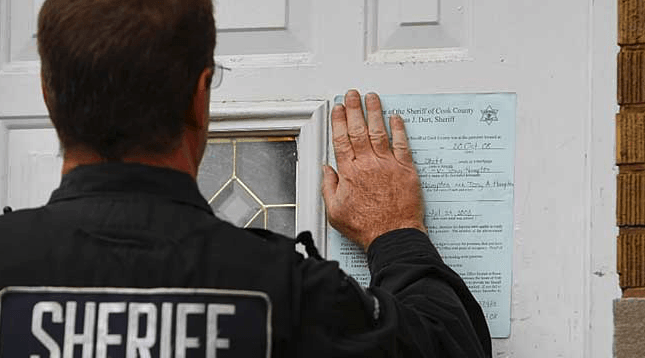In the state of Colorado, evictions are sometimes called “forcible entry and detainer”. Being a landlord, we must meticulously read and follow all of the laws, rules, and any procedures set by the state of Colorado during the event an eviction must take place. If you do anything wrong, you can be denied the eviction, or even face fines.
The biggest mistake you can do is a self-eviction – they’re illegal in Colorado. You can’t change the locks, cut off water or electricity, or take out the tenant’s things. Obviously, you also can’t threaten a tenant.
As a Denver based property management company, that is also full service, we know a lot about this process. Although we’ve never had to conduct our own evictions, we are prepared should the situation come about, with an attorney on our team and the knowledge of what we need to do to take care of the eviction in the best interest of our owners!
In Colorado you must have a legal reason to evict a tenant. If you don’t, you must wait until their lease is over. If the renter doesn’t move out after the lease expires, you can then file an eviction and move forward. This is called a holdover tenant, something you don’t want!
In order to serve an eviction notice, due process must be followed or you risk being fined and your eviction being denied, allowing the tenant to stay at the property until the lease is over, and you may end up paying any court fees on their behalf as well.
In order to serve an eviction properly as your property management company, we will either:
- Provide the notice to a tenant’s family member who is over the age of 16
- Deliver the documents to the tenants work place and leave with them or their secretary
- Leave it in a conspicuous place on the property if the renter isn’t present
- By delivering it to the renter in person.









